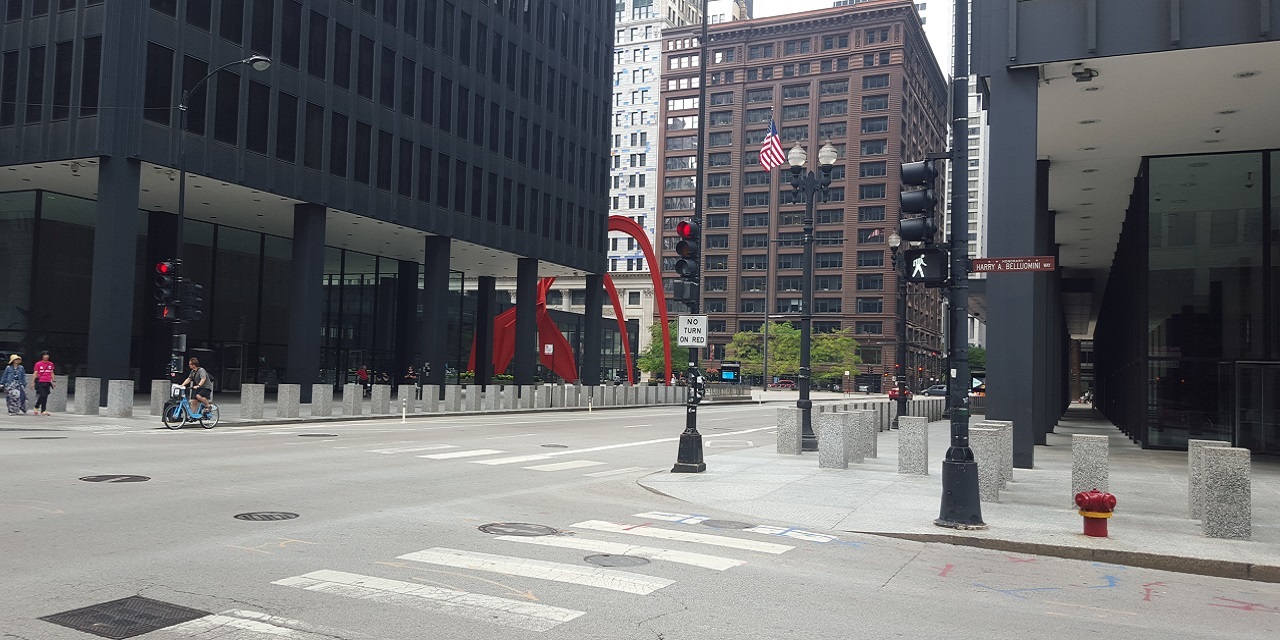Divorce proceedings can be contentious but some can be more contentious than others. In the case of disbarred McHenry County lawyer, Mark McCombs, a contentious divorce led to his filing of a defamation and malicious prosecution lawsuit. The First District Appellate Court affirmed the trial court’s dismissal of the complaint in which McCombs alleged that his former wife defamed him and had him falsely charged with harassment. The Court also affirmed the denial of sanctions that McCombs sought against his ex-wife in the suit.
McCombs and his former wife, Kathryn Crivolio, started divorce proceedings in 2010. The proceedings soon became contentious. So contentious in fact that at one point in the proceedings, the judge entered an order prohibiting McCombs “from filing any pleadings in this matter without first seeking leave of court [ ] to do so.”
Shortly before the divorce proceedings began, McCombs, who had served as special counsel to the Village of Calumet Park from 2002 to 2010, was indicted for stealing between $600,000 to $800,000 from the Village. McCombs pled guilty and was sentenced to six years in prison. A few months later in January 2012, he was disbarred.
While McCombs was in prison, he conversed with his wife via email. In one of the email exchanges, Crivolio allegedly wrote to McCombs: “You have stolen from me, your employers, your client’s (sic) and your own mother.” McCombs alleged that Crivolio also published this statement to his children, family, and others, which he alleged “lowered [him] in the eyes of the community.” The complaint pled claims for both defamation per se and defamation per quod. Circuit Judge Kathy Flanagan dismissed the complaint with prejudice on the grounds that the allegations lacked substance. Continue reading ›
 Chicago Business Litigation Lawyer Blog
Chicago Business Litigation Lawyer Blog





